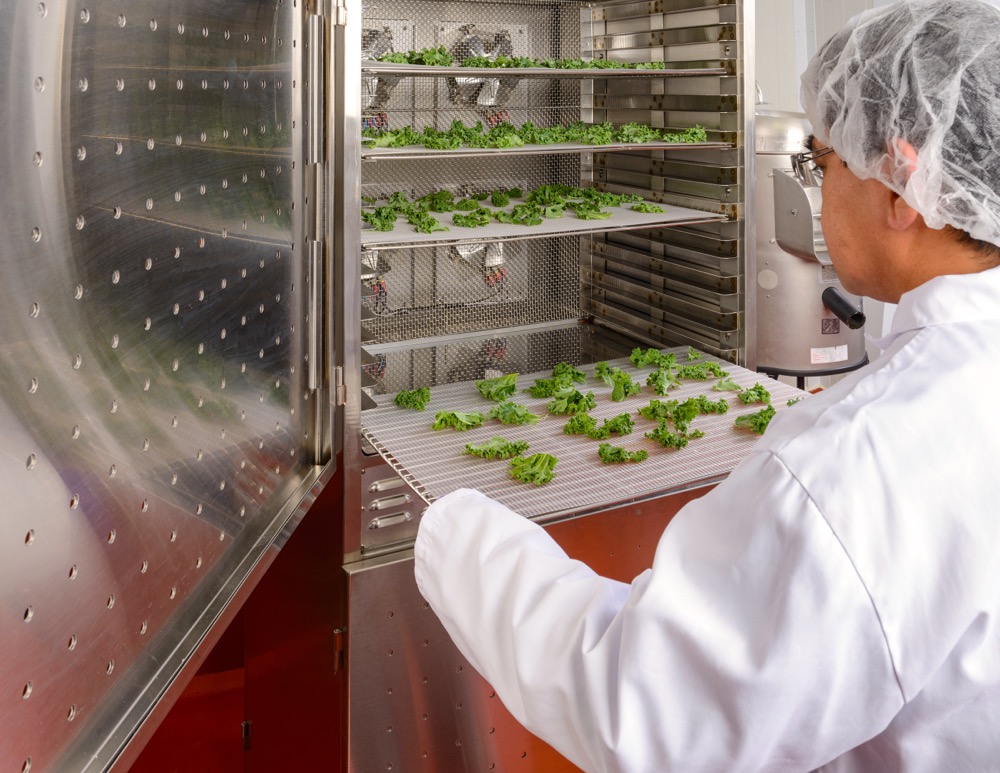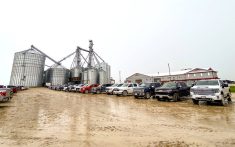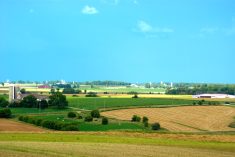Trissia Mellor, agriculture manager for the Northumberland County economic development and tourism department, said the Ontario Agri-Food Venture Centre (OAFVC) was designed for growers who would like to pursue new product directions for their crops but cannot afford to build such a facility on the farm. The facility is based in Colborne.
What is available at the OAFVC?
- A commercial kitchen.
- Processing and packaging facilities, including flash-freezing, dehydration, washing, sanitizing and slice and dice.
- A product-development lab.
- Professional cleaning and disinfecting.
- A wide range of business services from product-development consulting to a fully equipped conference room that can seat 30.
Read Also

Ontario’s agri-food sector sets sights on future with Agri-Food 2050 initiative
The first-ever Agri Food 2050, a one-day industry event dedicated to envisioning the future of food and farming in Ontario,…
Instead of renting space in a facility, the OAFVC is a pay-as-you-play model. Instead of a costly lease on so much square footage at an industrial-type premises, you lease time at the OAFVC and pay only for the time you work there. If you need an extra pair of hands, you can even hire extra staff on an as-needed basis.
Mellor said she is thrilled with how different users of the facility have networked and begun new ventures they hadn’t anticipated.
“One of the things I love about this place is how we work with our clients and encourage them to talk with each other to find their own opportunities,” she said.
Three and a half years after the centre’s doors opened, Mellor shared seven things to keep in mind when starting a local food incubator:
- Building a network of support (from industry as well as entrepreneurs) is integral to everyone’s success.
- Not-for-profit needs to be balanced with “not-for-loss.” Operational hard costs (or “fixed costs”) are much higher at a food incubator than at tech or business incubators.
- Food is everyone’s first language. The sustainability of your incubator relies on its integration into the community.
- Food science is not rocket science – it’s actually more complex.
- Good communication is the cornerstone of every success story.
- Food regulations are ever-changing. It’s part of your role to keep current in order to help clients understand and adapt to the changes.
- Just as farmers and food entrepreneurs require imagination, determination and patience to start their businesses, so too does the leadership of a local food incubator.














